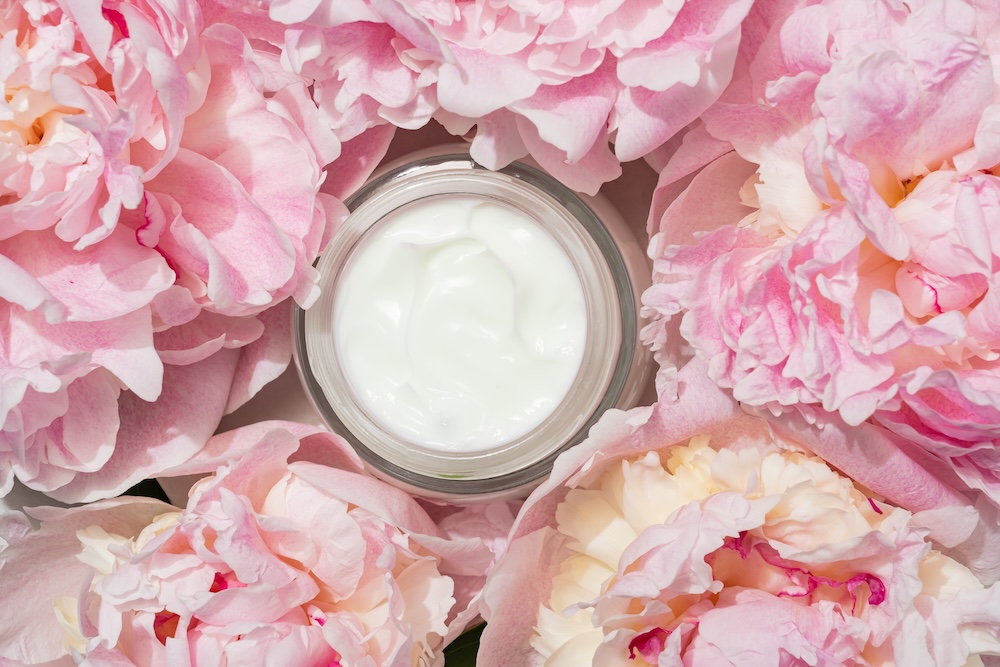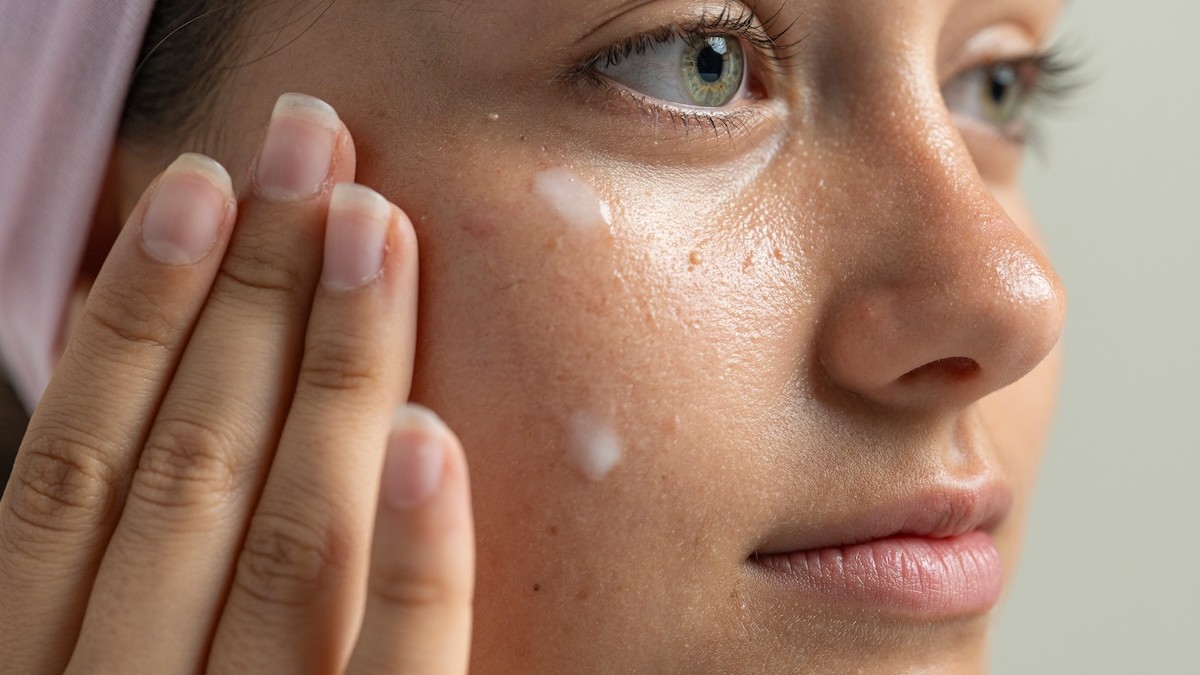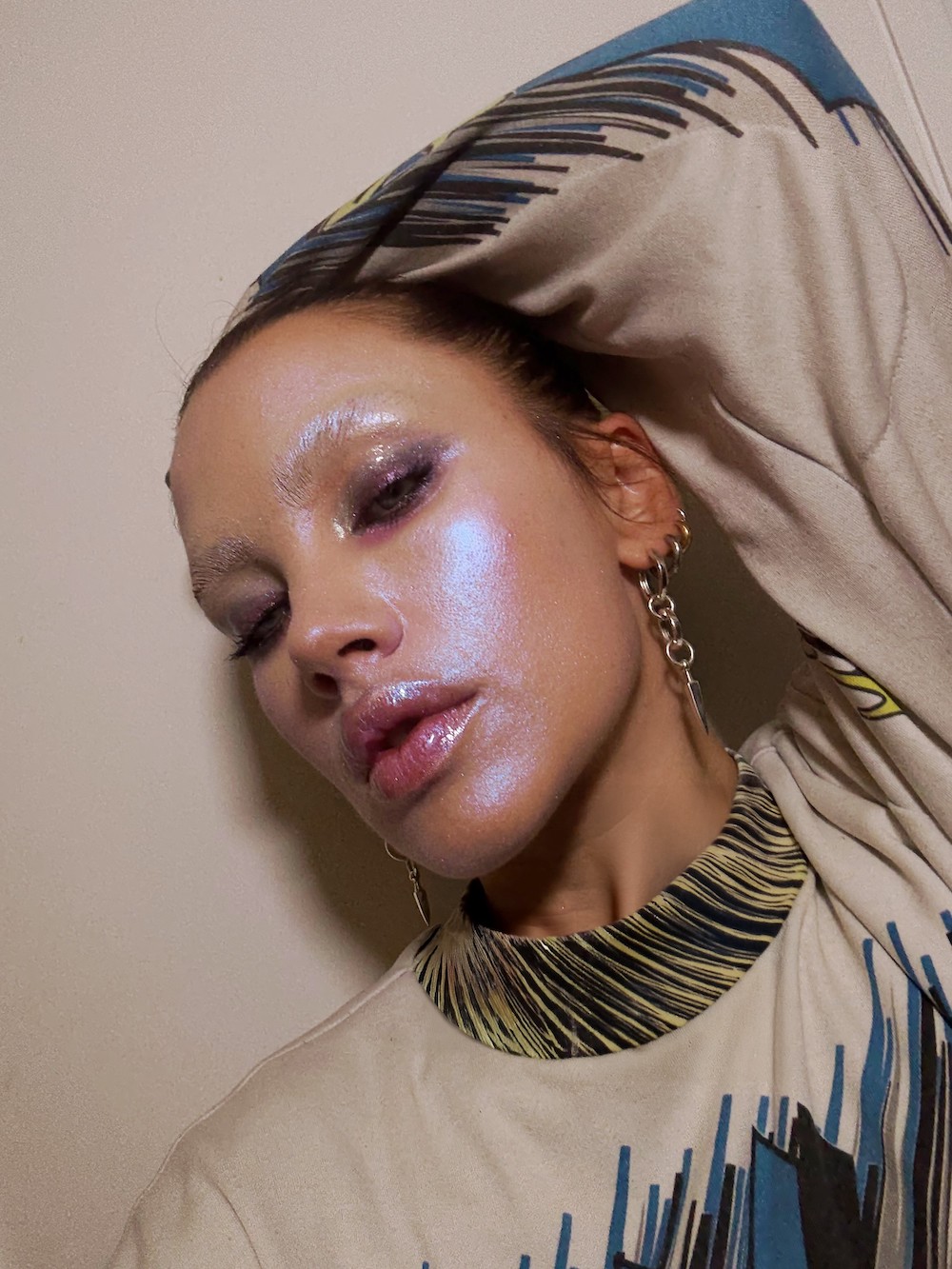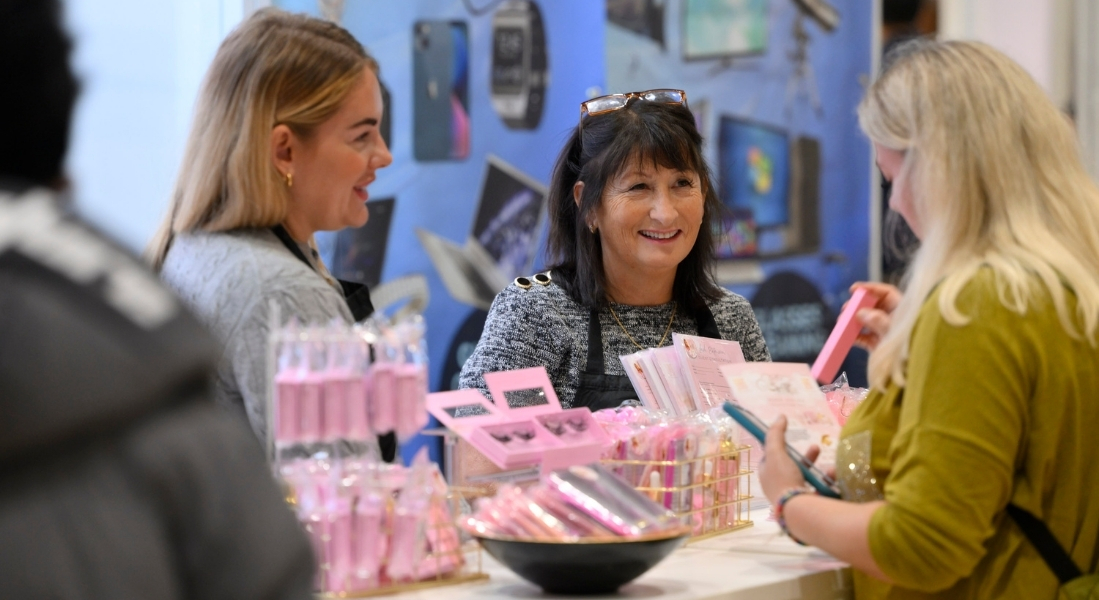2026 could mark a pivotal year for the beauty industry, with personalised wellness, sensory experiences and authentic human connections redefining skincare and cosmetics
Market intelligence leader Mintel has released its 2026 Global Beauty and Personal Care Predictions, highlighting the trends set to shape the industry over the coming years.
The report identifies three key shifts: Metabolic Beauty, focusing on wellness-driven and personalised skincare; Sensorial Synergy, prioritising emotional and multi-sensory experiences; and the Human Touch Revolution, where authenticity and imperfection redefine beauty.
These insights reveal how consumer expectations around wellness, mood and individuality will drive innovation in skincare and cosmetics.
Metabolic Beauty: the future of wellness-driven skincare
According to Mintel’s 2026 Global Beauty and Personal Care Predictions, the convergence of health, technology and personalisation will define the next era of beauty.
Andrew McDougall, Mintel’s director of beauty and personal care insights, says 2026 is the “tipping point for merging beauty and health” as consumers increasingly seek holistic wellness solutions.
Advances in biomarker testing, metabolic monitoring and bio-intelligent technology are now becoming mainstream.
By 2030, skin and hair are expected to act as accessible biomarkers, allowing moisturisers, serums and supplements to provide personalised diagnostics alongside cosmetic benefits.
Metabolic Beauty will push beauty brands and beauty professionals to rethink their offerings, integrating wellness, technology and personalisation into treatments and products.
Salons and spas may start incorporating services that monitor skin and hair biomarkers or recommend supplements and serums based on individual health data.
Professionals who embrace this trend can position themselves as trusted wellness advisors, offering treatments that deliver both visible results and measurable health benefits.

Sensorial Synergy: beauty as an emotional experience
Mintel predicts that beauty will shift from purely results-driven products to experiences that regulate mood and evoke emotion.
McDougall highlights the growing importance of emotional wellness, stating that sensory-first design will drive purchases through textures, fragrances, immersive technologies and multi-sensory routines.
By 2030, consumers will expect beauty products to create memorable experiences beyond efficacy, integrating sensory storytelling into everyday self-care.
Functional fragrances, VR experiences and other innovations will transform skincare and cosmetics into tools for emotional wellbeing, with applications extending into hospitality, interiors and travel.
As beauty becomes more experience driven, salons and spas will need to focus on creating multi-sensory, emotionally engaging treatments.
This could include incorporating mood-enhancing scents, textures soundscapes or immersive technologies into services.
Beauty professionals who prioritise the emotional and sensory aspects of treatments will stand out in a competitive market, turning everyday services into memorable rituals that clients associate with wellbeing and luxury.
Beyond the algorithm: the Human Touch Revolution in beauty
The final key prediction from Mintel emphasises authenticity and imperfection.
The “Human Touch Revolution” responds to consumer fatigue with algorithmic perfection, encouraging beauty that feels emotionally real, expressive and human.
McDougall notes that this movement doesn’t reject technology but uses it to highlight human creativity and craftsmanship.
Brands that succeed will embed authenticity into both products and messaging, showcasing makers, processes and even flaws as proof of genuineness.
The Human Touch Revolution signals a shift away from hyper-polished, algorithm-driven aesthetics toward authenticity and imperfection.
Beauty brands and professionals can leverage this trend by showcasing their skills, processes and even human quirks, creating genuine connections with clients.
Salons and spas that highlight the skill and personality of their teams will attract clients seeking emotionally resonant, personalised and authentic experiences, building loyalty in a market increasingly driven by human connection.
You might also like:




